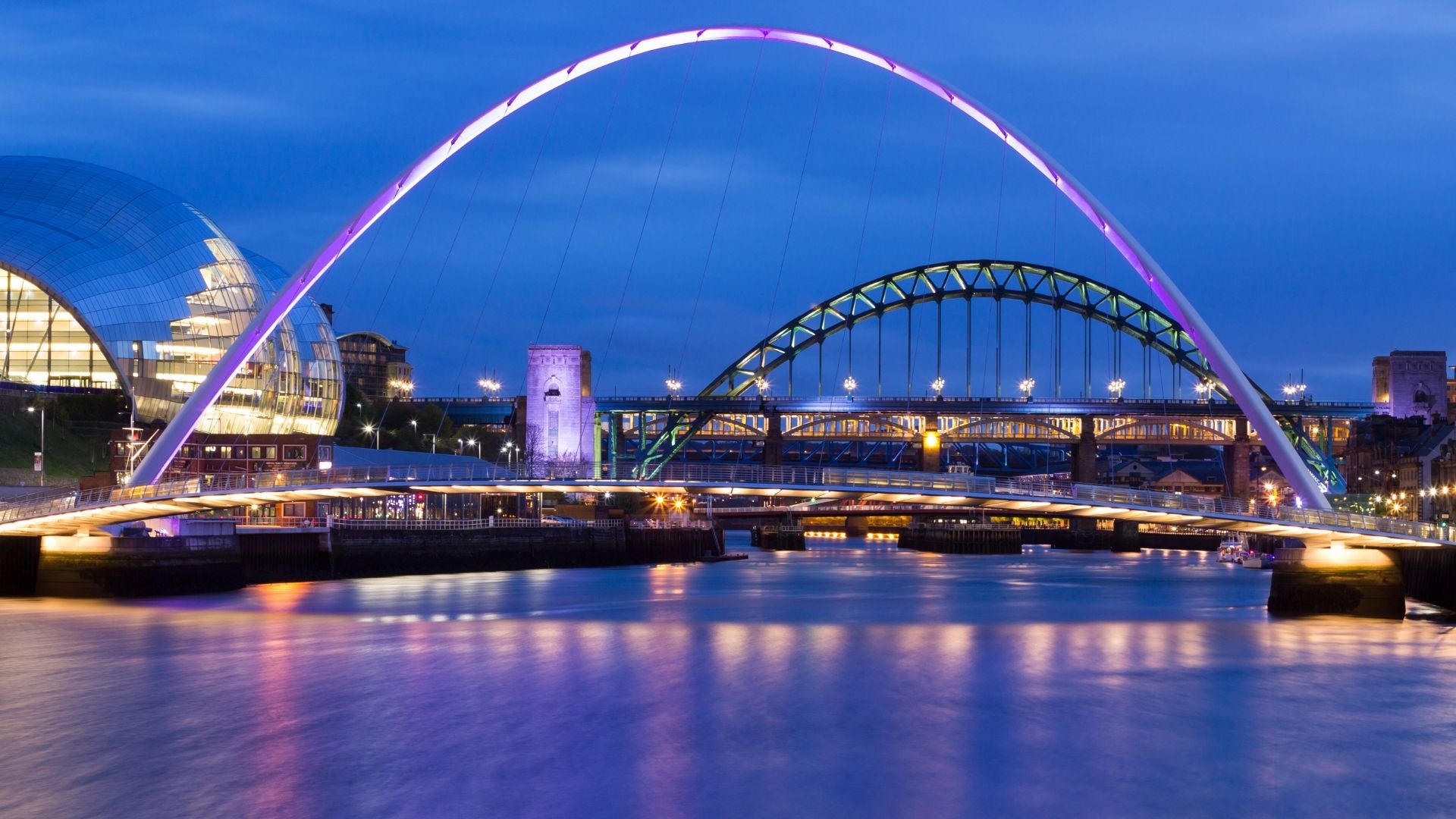Our Graduate Planner Sophie has recently been awarded the David Lock Prize at Newcastle University for her dissertation research in an area of planning which has lacked attention, and yet offers so much opportunity for the progression of diverse communities in city centres – ‘Rainbow Regeneration’.
Sophie has taken the time to summarise her research prior to publication to highlight the importance of the research findings and the recommendations it provides.
This dissertation aimed to investigate the current condition of the LGBTQ* scene in Newcastle-upon-Tyne, through exploring physical attributes, culture and community experience to influence a regeneration initiative. The intentions of the study include understanding the objective of LGBTQ* spaces and assessing whether Newcastle has successfully achieved and sustained these objectives. Additionally, it evaluated the impacts of the Night-Time Economy (NTE) on the condition of LGBTQ* spaces, culture and community.
Research and academic work regarding LGBTQ* urban spaces and renewal has increased, looking towards acceptance being intertwined with urban change (Doan, 2015). However, work on representation and spatial experience has lacked, alternatively a dominance of regeneration initiatives occupying an economic gain, rather than representing key objectives of these spaces; inclusivity, diversity and safety (Yaksich, 2005).
As a result, many LGBTQ* areas are falling victim to an urban-identity loss, forced by an increasing need of palatability for heterosexual consumers and ‘quickmoney’ business (Valentine, 2003). To ethically propose transformation in an area of extensive diversity, it is important to consider how ‘place’ embodies various “identities, subjectivities, expression and solidarities” (Stanton, 2020). This study worked directly with The ‘Pink Triangle’ attendees, to understand spatial experience and how this can be improved and/or protected through the use of principled planning.
This research discovered that identity politics and intersectionality (specifically within the LGBTQ* community) has impacted the experiences within The Pink Triangle, often limiting attendance, accessibility, expression and equity. This was reinforced by a social identity hierarchy, stigmatising members of the community and marginalising representation within the ‘scene’.
Through communicative processes, I established community inequalities and needs, offering insight into how ‘rainbow regeneration’ can create inclusive, accessible and safe spaces. This offers the opportunity for urban environments to minimalist exclusion existing within diverse communities, encouraging engagement, empowerment and becoming governors of their own space. The research also found that despite the often-negative impact of commercialisation and the NTE ‘diluting’ queer presence in the LGBTQ* area, such issues can be transformed into positive movements towards supporting and protecting LGBTQ* spatial heritage and culture within The ‘Pink Triangle’.
This dissertation has the potential to influence future research regarding intersectional experiences of LGBTQ* urban areas, and towards the study of sexuality, visibility, inclusion and safety within the discipline being taken seriously, particularly within the UK. The significance of community engagement and empowerment are crucial within the UK when planning in the ‘public interest’. Therefore. this study hoped to inspire others to investigate diverse communities in urban areas who contribute to amenity and who demand social and physical transformation in cities.
The dissertation itself offers various recommendations as to how The ‘Pink Triangle‘ and other LGBTQ* spaces in the UK can create a truly inclusive and representative space, whilst identifying the fragility and threat towards queer spaces losing right to the city. As planners, it is important for us to support the public interest and assist in protecting and improving areas which are important to our communities, as well as move forwards with ‘Rainbow Regeneration’.
At ethical partnership our colleagues have a range of expertise, displaying a diversity of knowledge and research backgrounds. Our work is guided by our values, where we place a strong emphasis on the needs of the local community. We constantly engage with all stakeholders to ensure that our projects provide the best possible outcome for the local community.
For more information about the work we do, contact us and find out how we can help with your next planning project. You can also follow us on LinkedIn and Twitter to keep up-to-date with everything we do!

